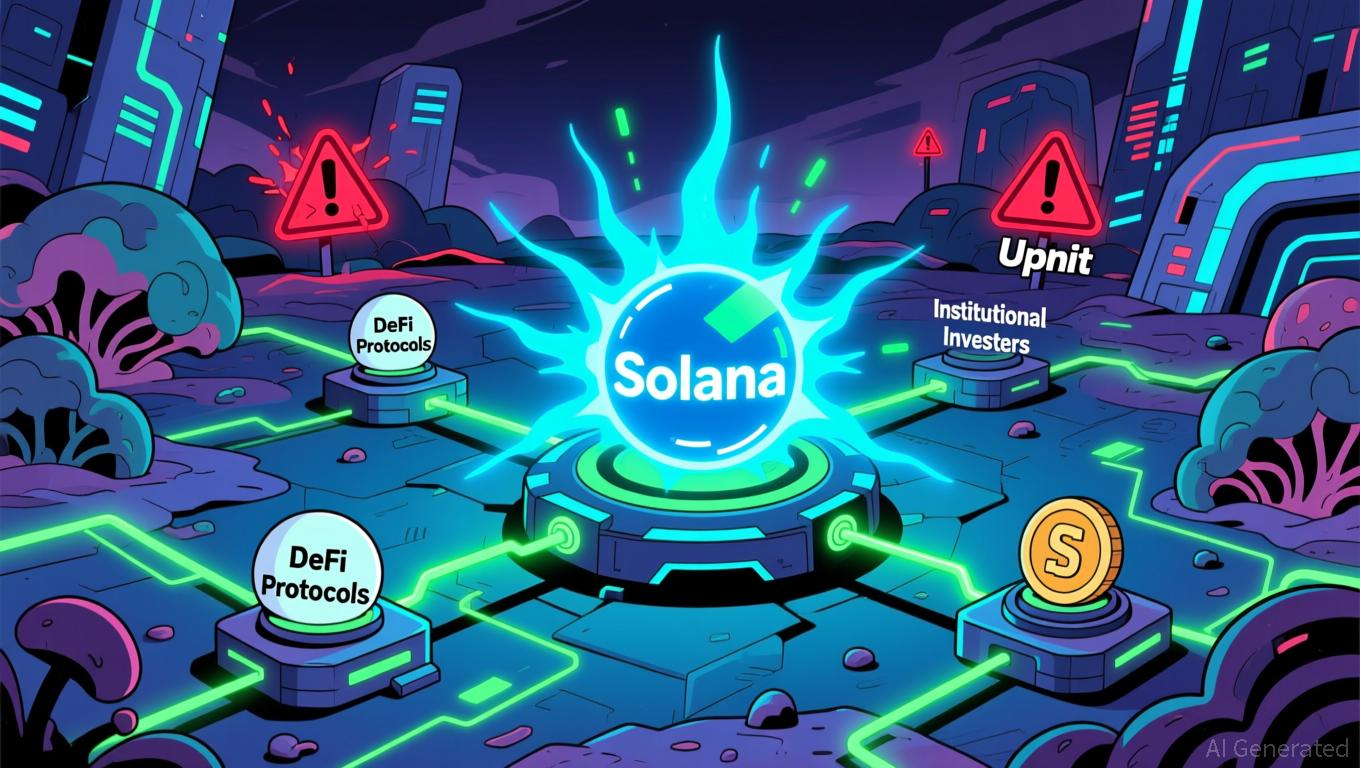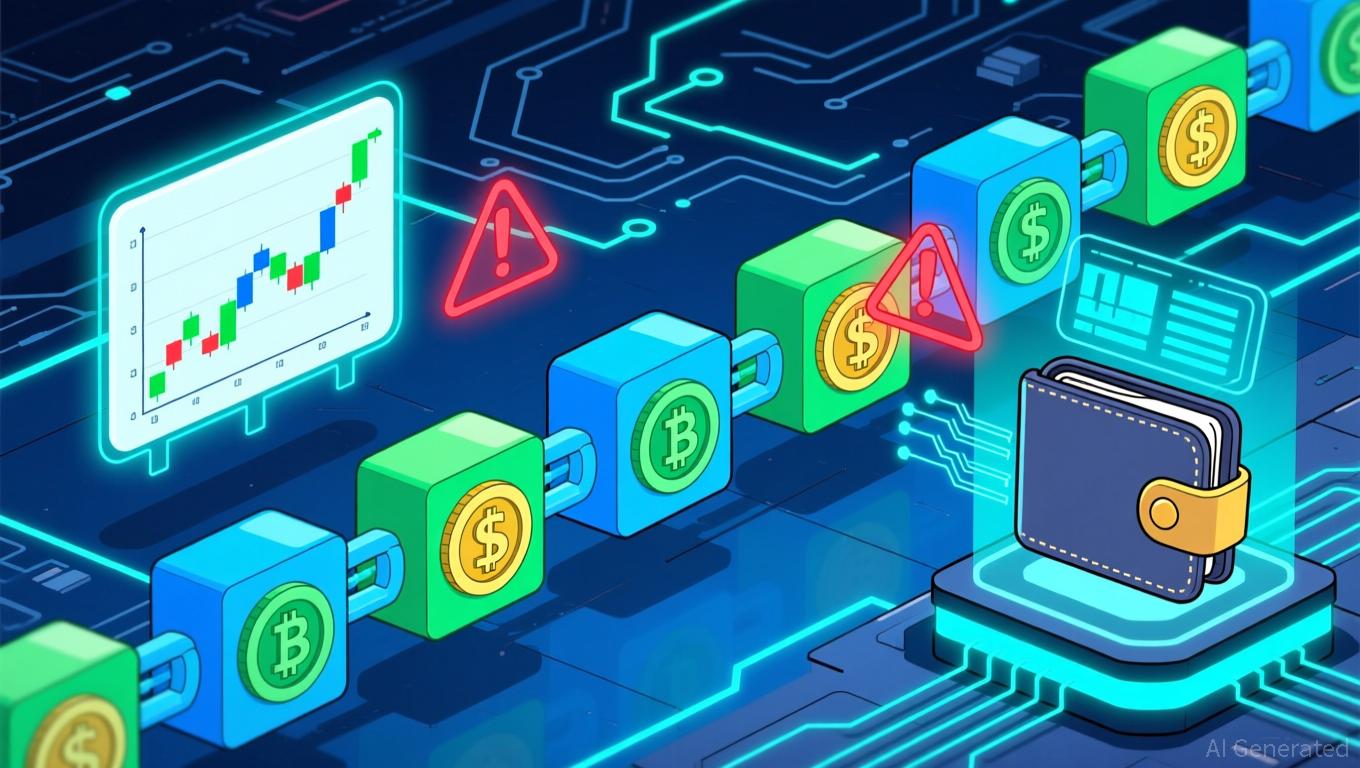JPMorgan debanked me over Bitcoin and Epstein: Jack Mallers
JPMorgan cut ties with Strike CEO Jack Mallers, who said that his advocacy of Bitcoin and criticism of Jeffrey Epstein was behind it.
- Strike CEO Jack Mallers claims JPMorgan debanked without a given reason
- Mallers called out JPMorgan over its alleged ties with Epstein
- Under current legislation, banks are still held liable for their clients’ criminal activity
Despite significant regulatory and political changes, debanking remains a problem for crypto firms. On Monday, November 24, Mallers revealed that JPMorgan Chase closed his accounts without warning, citing suspicious activity.
However, Mallers claims that the reason for his debanking was political.
Mallers shared a copy of the JPMorgan Chase statement dated September 22. The statement cited “concerning activity” in one of Mallers’ accounts. These types of transactions are a risk for the bank under the U.S. Bank Secrecy Act.
According to Mallers, bank representatives stated they were not allowed to provide him with more information. What is more, he highlighted their hypocrisy from the bank that offered its services, and even special treatment, to notorious sex trafficker Jeffrey Epstein.
“I don’t care what Epstein’s banker thinks about Bitcoin being used for bad things,” Mallers said in an X post.
Did JPMorgan debank over Epstein ties?
Mallers also cited a recent report by U.S. Senator Ron Wyden, highlighting Jeffrey Epstein’s ties to the bank. The report alleges that the top JPMorgan Chase executives enabled Epstein’s sex trafficking operation and were in constant contact with the disgraced billionaire. One executive even instructed Epstein on how to sanitize his large cash withdrawals.
Still, for most other customers, those without privileged access, debanking remains an ongoing concern. Under the Bank Secrecy Act of 1970, banks remain liable for illicit transactions that happen under their watch. This is despite the recent executive order by President Donald Trump that launched an inquiry into the issue. Under current legislation, banks remain extremely cautious about activities that could expose them to liability.
Disclaimer: The content of this article solely reflects the author's opinion and does not represent the platform in any capacity. This article is not intended to serve as a reference for making investment decisions.
You may also like
Privacy Altcoins Surge While Crypto Markets Decline
In Brief Cryptocurrency markets faced a major downturn in recent weeks. Privacy altcoins like Zcash rise amidst stricter regulation concerns. Upcoming regulations pose liquidity risks for privacy-focused cryptocurrencies.

Solana News Today: Institutions Remain Confident in Solana Amid Security Concerns and Volatile Prices
- Solana's on-chain trading volume now exceeds centralized exchanges, driven by $510M in ETF inflows and institutional adoption of DeFi protocols. - Price volatility and security breaches, including Upbit's $36.8M Solana-based theft, highlight risks despite $3B+ in corporate treasury holdings. - Institutional capital continues to flow into Solana's ecosystem, with DWF Labs committing $75M to scalable DeFi infrastructure amid TVL recovery to $120B. - Forward Industries reports $668M unrealized losses as Sol

XRP News Today: XRP ETFs See Rapid Growth, Price Remains Flat—Will Increased Inflows Overcome Technical Barriers?
- XRP ETFs saw $164M inflows on Nov. 24, 2025, with Grayscale and Franklin Templeton launching new products amid rising institutional interest. - Price rebounded to $2.20 but remains range-bound below key technical levels, forming descending patterns despite ETF-driven liquidity gains. - Ripple's RLUSD stablecoin surged 56% in 30-day volume to $3.5B, now third-largest GENIUS Act-compliant stablecoin after USDC and PYUSD. - Analysts predict $5.05 by 2025 and $26.50 by 2030, but XRP's 16.95% drop from 30-day

SEC Considers Blockchain Stock Advancements as Concerns Over Conventional Market Stability Persist
- SEC plans to discuss tokenized stock regulations with major firms like Coinbase and BlackRock , aiming to modernize securities rules for blockchain-based finance. - Proposed "innovation exemption" seeks to fast-track crypto products but risks destabilizing traditional markets by creating valuation gaps and eroding investor protections. - WFE warns tokenized shares could disrupt market structure, while Nasdaq proposes unified order books with shared CUSIP identifiers to align with existing systems. - Regu

